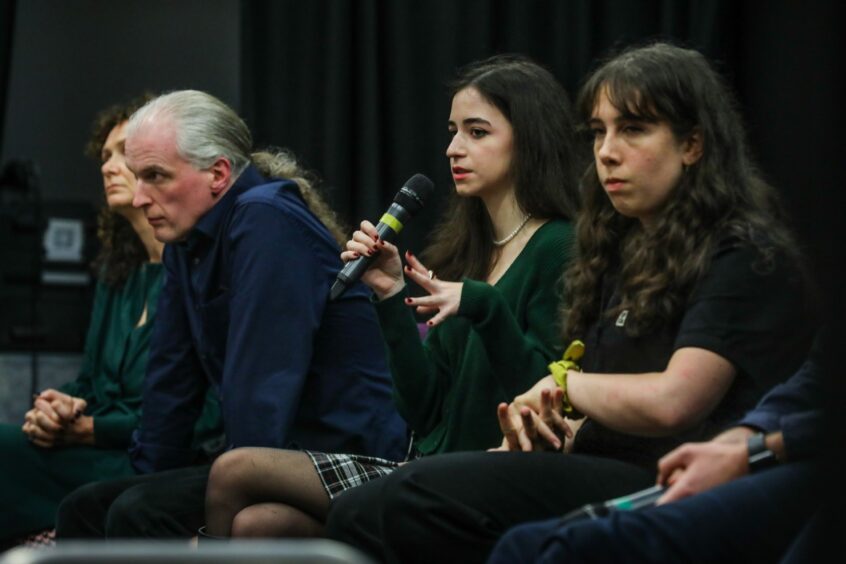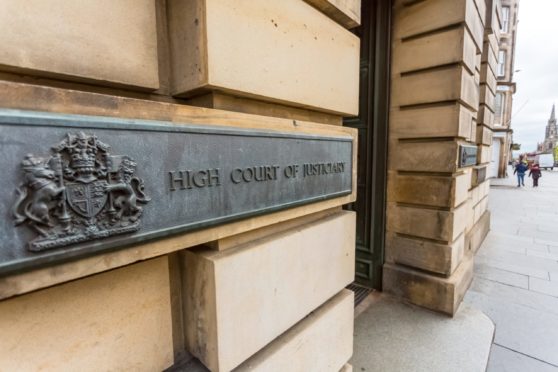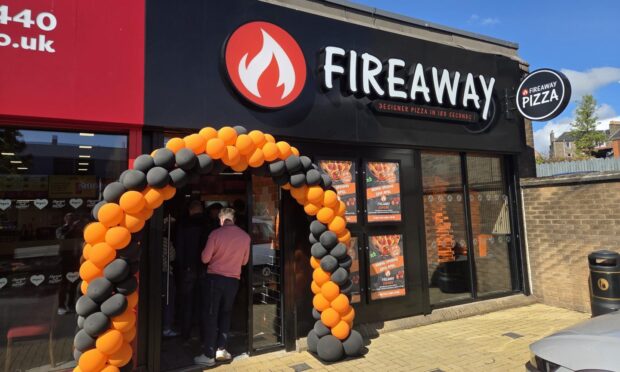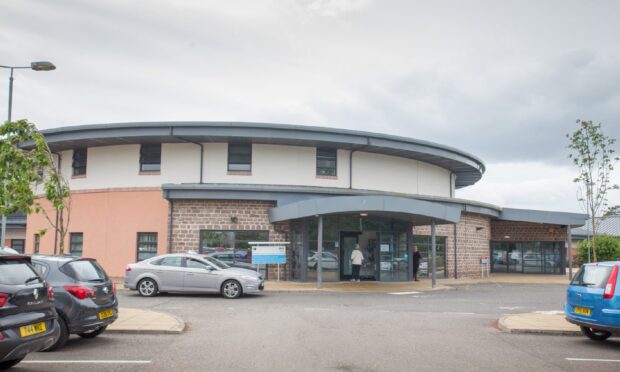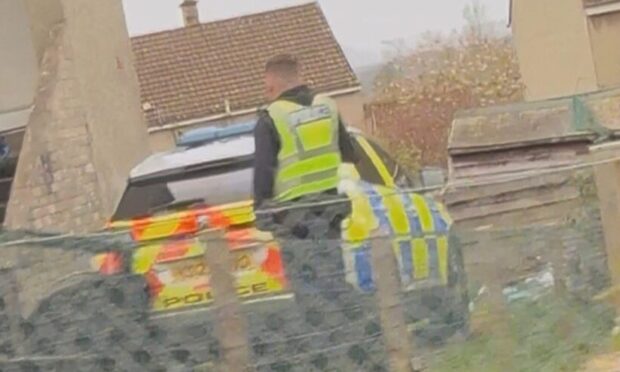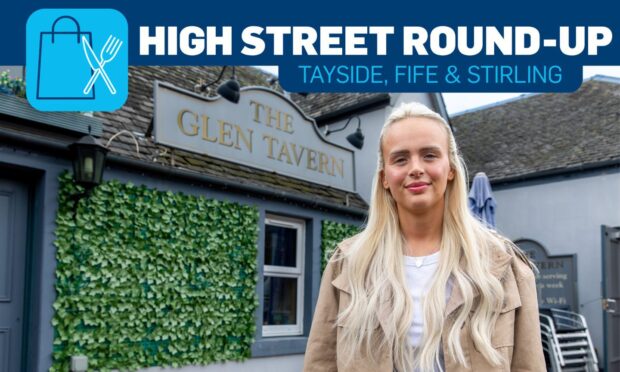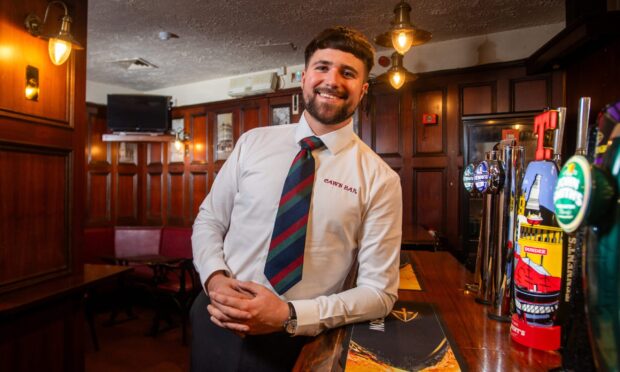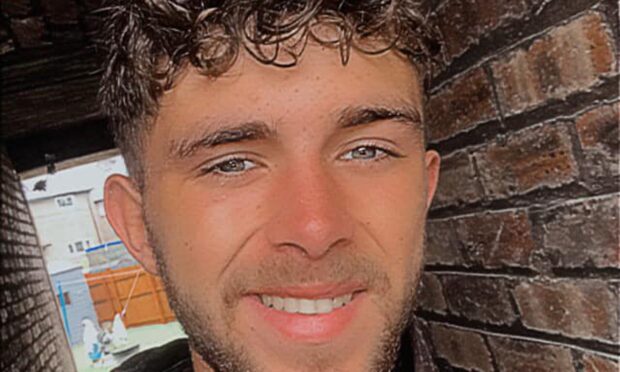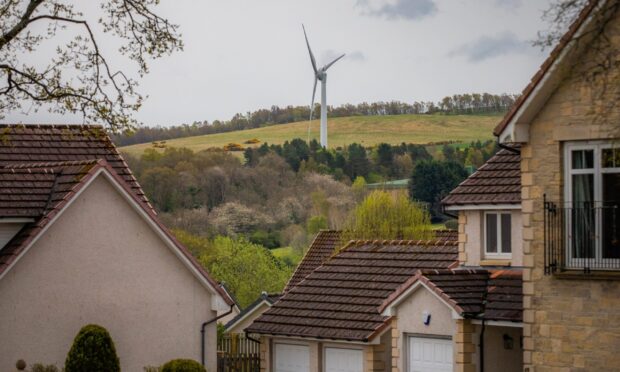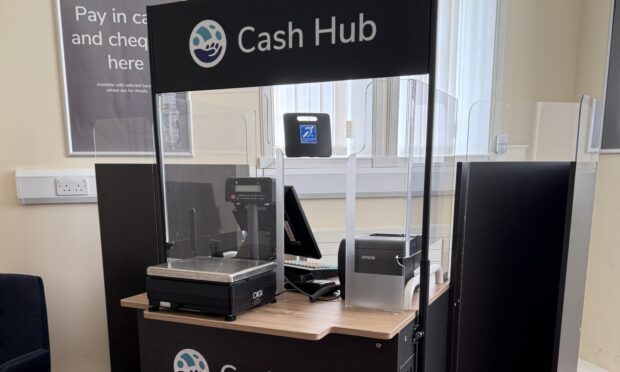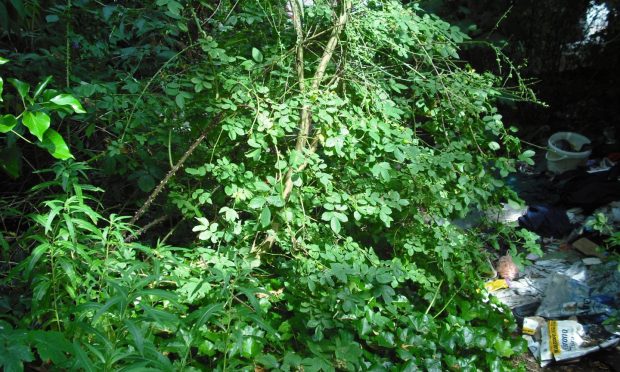Police have found no forensic proof of spiking by injection in Scotland.
Investigations were launched after a surge in reports from people claiming to have been spiked with needles on nights out in clubs across the UK in September and October last year.
But Detective Chief Superintendent Laura McLuckie, who has been leading inquiries in Scotland, said officers have found no evidence to support the claims north of the border.
She said forensic analysis has so far found no traces of drugs used for spiking, and claimed the “significant increase in reporting” was the result of “the media and social media [prominence] that it was given at the time”.
More people reported being spiked in Dundee in 2021 than the last six years combined.
Forensic results suggest no spiking drugs
Speaking at a Scottish Police Authority Meeting on Wednesday, Ms McLuckie said: “We’re only now starting to see the outcome of the forensic results, and I’m pleased to say that we’re not seeing any drugs within people’s systems that we would class as being a drug that would be used in spiking.
“There is clearly alcohol involved, there is clearly recreational drug use involved, however, we don’t have any identified cases of any spiking by injection in Scotland at this time.
“We will obviously continue to monitor that over the coming weeks and months.”
Police Scotland confirmed it received 51 reports of spiking by injection in Scotland between January and October last year, including reports from Dundee venues.
In the same period there were 69 reports of drinks being spiked across the country and 32 cases in which the method of drugging was unclear.
People who believed they were victims of spiking by injection spoke of “puncture marks” found on their body and a general feeling of being unwell.
Now, reports in the UK are on a “significant downward trajectory”, Ms McLuckie said and, in Scotland in the last week, no reports of spiking by injection have been filed.
But the officer did note this could be down to Covid-19 rules being in place over the festive period and restricting access to nightclubs.
Reports peaked towards the end of the year, with many people calling for better protective measures to prevent spiking.
Difficulties in investigating drug spiking claims
Katy MacLeod, of Scottish Drugs Forum, pointed to the possible challenges that arise when collecting evidence in relation to spiking by injection.
She said: “It is important to highlight that one of the effects of traumatic incidents on the brain is that they can impair our ability to file memories which can bring in significant challenges for people reporting and gathering evidence.
“It is fairly common that people report incidents a number of days or longer afterwards, which would make detection of substances challenging given some substances are out the system within 24 hours.
“New substances of concern do emerge so it is important to be vigilant and responsive to any new compounds that may be more easily administered and used in this way.
“Where new substances do emerge, we would typically see them in other settings in the community so therefore access to a range of drug-testing facilities is an important part of identifying any potential new trends.”
Some victims have also reported a reluctance to report spiking claims to police due to feelings of shame or fear they would not be believed.
‘Every report is taken seriously’
Assistant Chief Constable Gary Ritchie from Police Scotland, who has been working with Ms McLuckie, said officers continue to investigate reports where people claim to have been spiked.
“Every report is and will be taken seriously and fully investigated and that will include a full forensic investigation when appropriate,” he said.
“People should be able to go out for a night out without fear of being spiked.”
The sharp rise in reports of spiking, which predominantly happened during university freshers’ week, according to Ms McLuckie, prompted protests across the UK.
A petition calling for nightclubs to search people on entry gathered 174,000 signatures.
Instagram pages were also created to spread the news of the Girls Night In campaign. The nationwide nightclub boycott was organised to encourage clubs to prioritise women’s safety, including those from the universities of Dundee and St Andrews.
Campaigners from St Andrews organised a Big Night In where students, including spiking victims, quizzed politicians and university officials on their plans to tackle the issue.


